The Science of Healthy Sleeping for Parents and Children
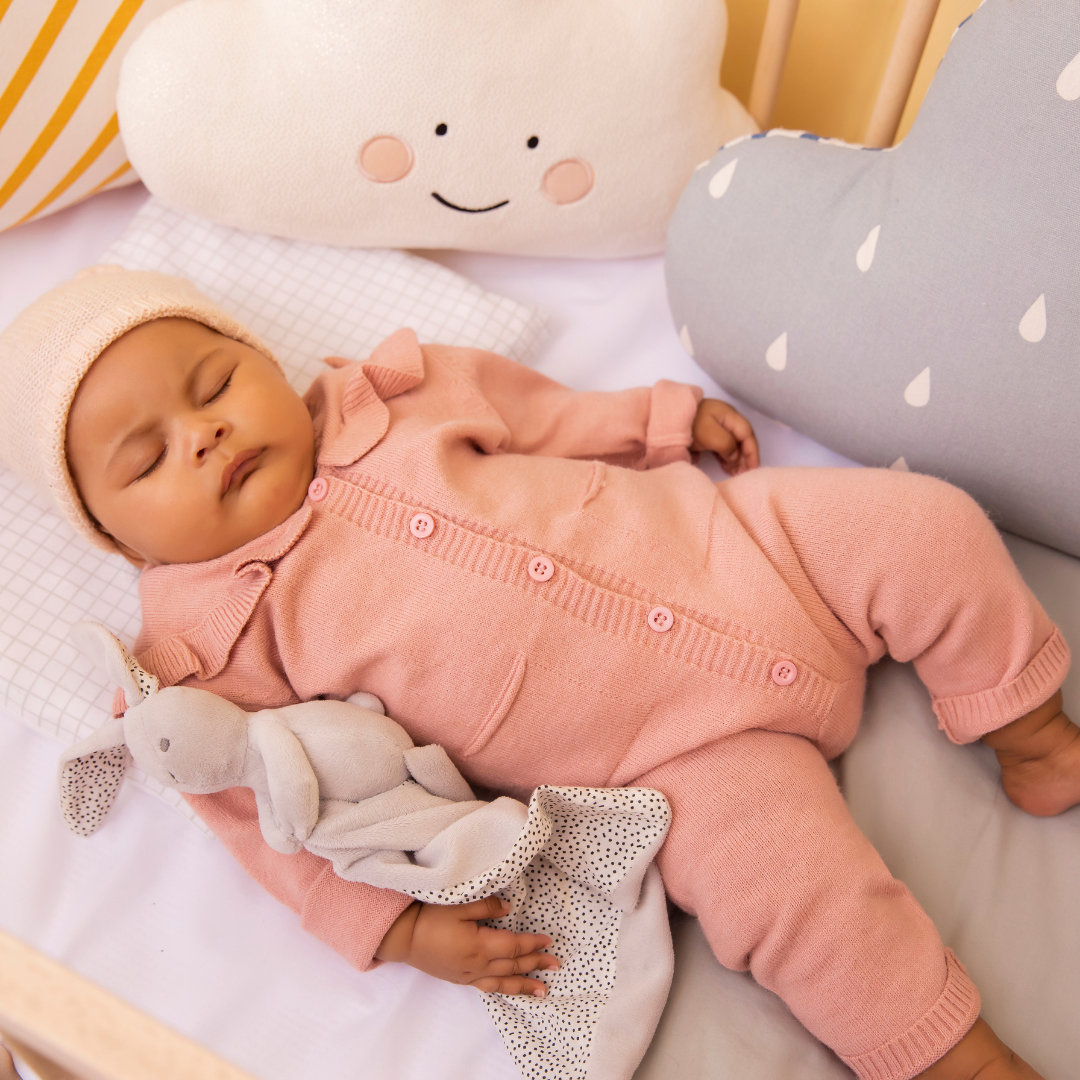
Sleep is a necessary part of everyone's routine as it allows the body to rest and recuperate. However, it can be very frustrating when both children and their parents struggle to sleep. According to The Conversation, around a quarter of parents have children that experience sleeping problems. These children under the age of five, as well as their parents, experienced a negative impact on their health and well-being due to poor quality of sleep.
As a parent, your entire family’s health is of the utmost importance. Thus, it's essential to learn how you and your child can get a good night’s rest.
The Importance of Sleep
Sleep enhances the quality of life in various ways. The sleep process carries out several vital health systems in the body. First and foremost, sleep allows you and your child to conserve energy. Besides that, sleep also helps in repairing and restoring the body. During sleep, tissues and muscles grow, hormones are released, and the immune system is strengthened.
Wendy Hall, a sleep expert at the University of British Columbia, emphasizes the critical role of sleep in promoting children’s growth and development. Kids who don’t get enough sleep can experience developmental problems and even health issues, such as obesity and heart disease.
Thus, it’s vital that your entire family gets adequate rest. While adults need around 7 to 9 hours of sleep, the National Sleep Foundation prescribes the following amount for kids:
• 12 months and under: 12 to 16 hours
• One to two years old: 11 to 14 hours
• Three to five years old: 10 to 13 hours
• Six to twelve years old: 9 to 12 hours
• Teenagers: 8 to 10 hours
Tips for a Good Night’s Rest
To ensure that you and your child get enough sleep, here are a few tips to try:
Make your sleeping environment calm and comfortable
It can be difficult for you and your child to rest if you're in a place that isn't conducive to falling asleep. SymptomFind, a resource on health and wellness, contains many tips on how you can improve your family’s sleeping environment. One tip emphasizes how heat plays a key role in getting good-quality sleep. The ideal temperature for sleep is around 60 degrees Fahrenheit. Thus, it's a good idea to open your windows to let the cool air in. Additionally, you can invest in more breathable sheets for you and your children, so that the fabric feels lighter on the skin.
Limit screen time
More and more children are being exposed to digital gadgets—and this has greatly disrupted their sleeping patterns. Researchers from the University of Massachusetts Amherst discovered that preschoolers who watch more TV get less sleep as compared to their counterparts. Mobile phones, tablets, and computers also reduce kids’ sleep quantity and quality. Digital gadget use stimulates users while the blue light suppresses melatonin, a hormone that helps regulate the sleep cycle. As a parent, you might also partake in excessive screen time. To remedy this, consider limiting your entire family’s screen time at least two hours before bedtime.
Establish a healthy sleeping schedule
It can be hard to establish a good sleeping schedule, especially if you have a newborn with a varied sleep pattern. That's why Kim West, a practicing child, and family therapist, suggests that you and your partner take shifts. This arrangement can ensure that everyone in the family gets enough hours of sleep. And once your child gets older, it’s important to set a sleeping and waking schedule for them. This will help maintain your bodies’ internal clock and improve the quality of sleep.
It’s also important to pay attention to signs of disorders that can inhibit sleep. For instance, your child may be experiencing gas, reflux, or colic. Colic causes infants to cry or become fussy for long periods of time. To remedy a baby experiencing these symptoms, try Colic Calm. Colic Calm is the #1 best-selling gripe water for infants’ gas, colic, and reflux.
Article solely for the use of coliccalm.com
Written by Ashley Turner
 Canada
Canada South Africa
South Africa UK
UK EU & Int
EU & Int Ireland
Ireland Australia
Australia Brazil
Brazil New Zealand
New Zealand




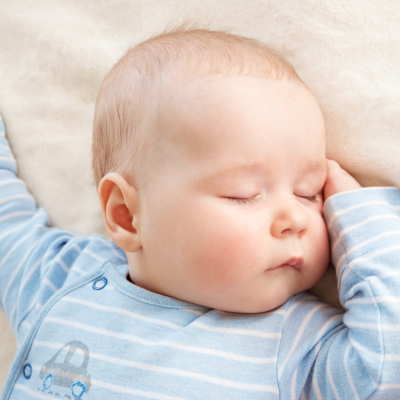







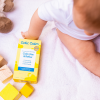



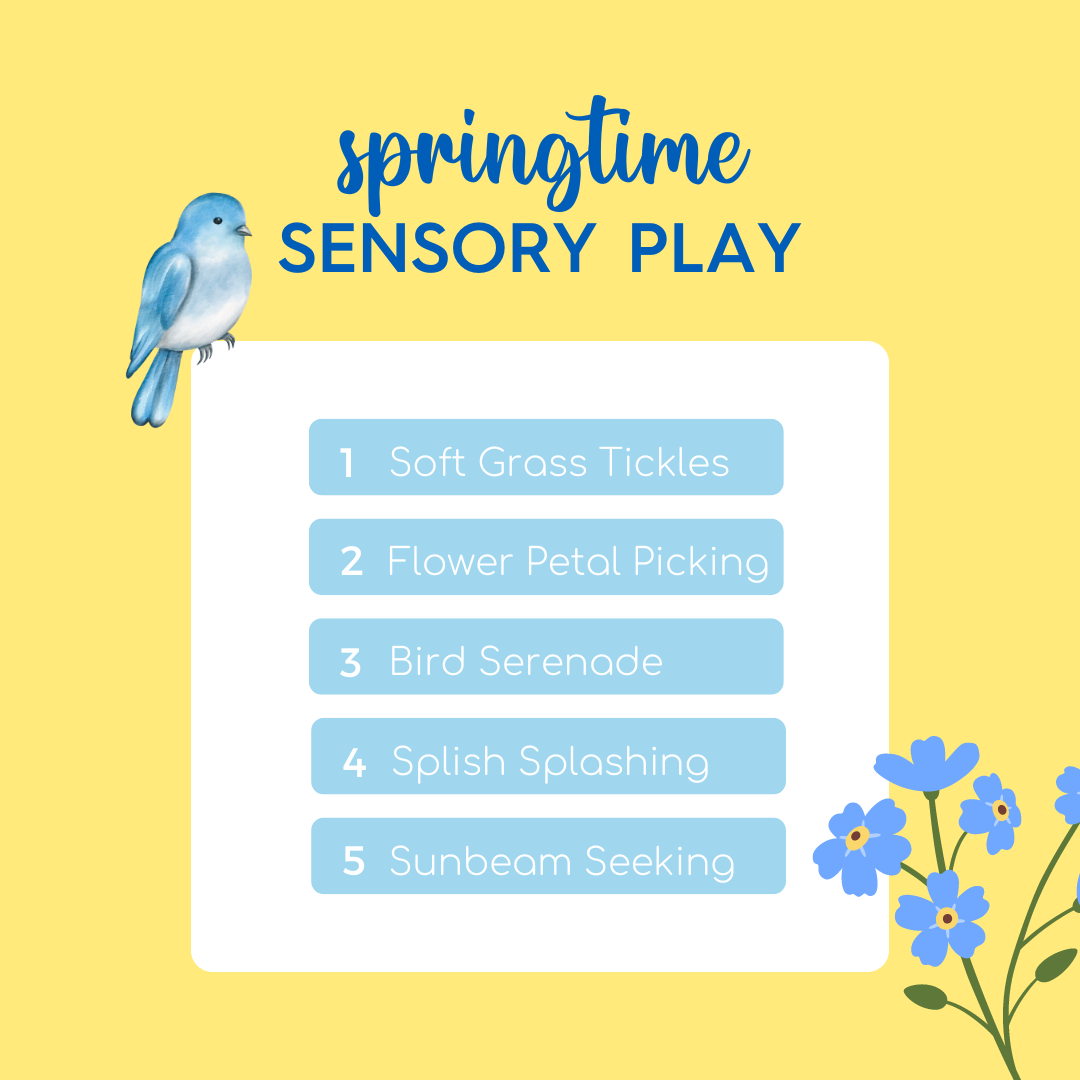
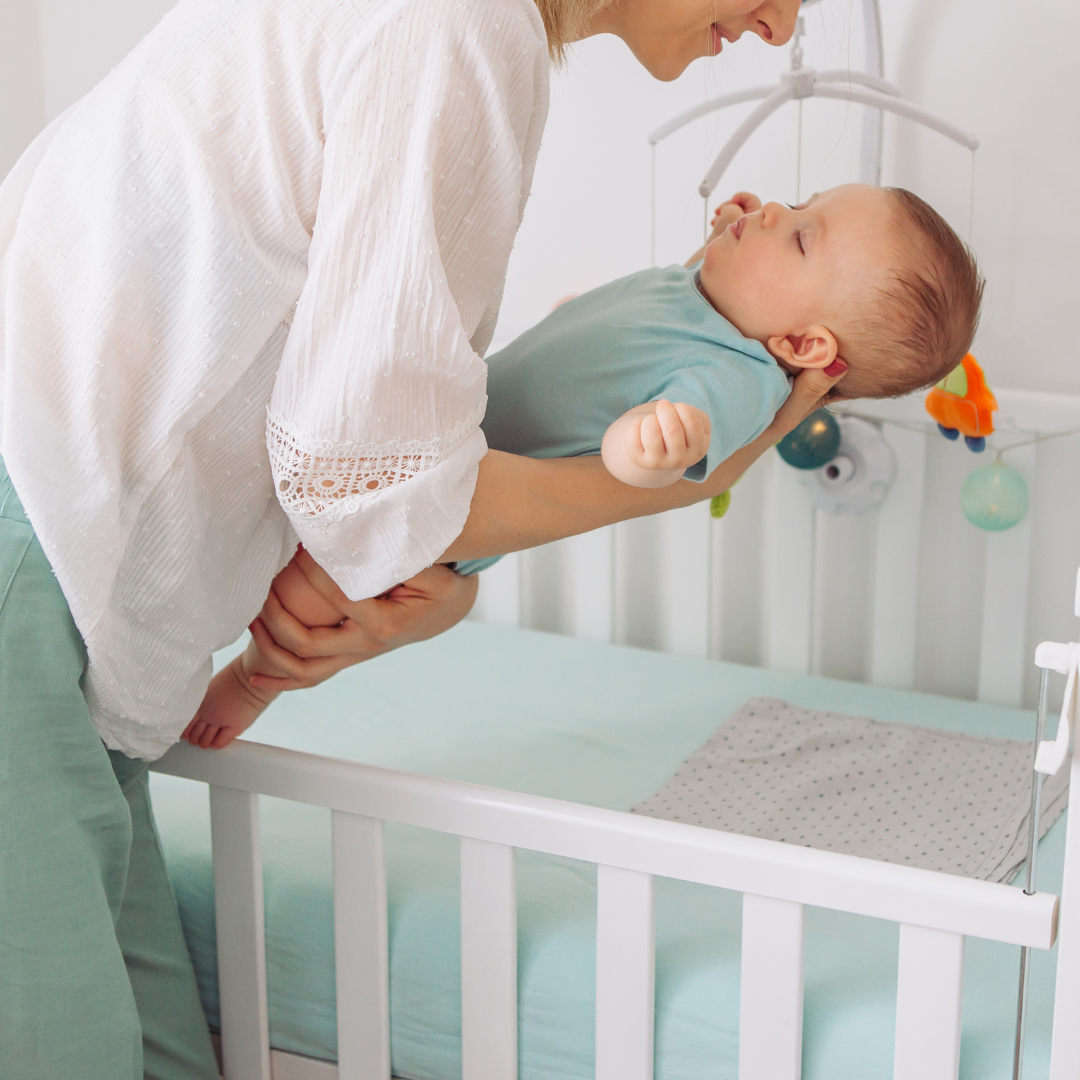
Comments